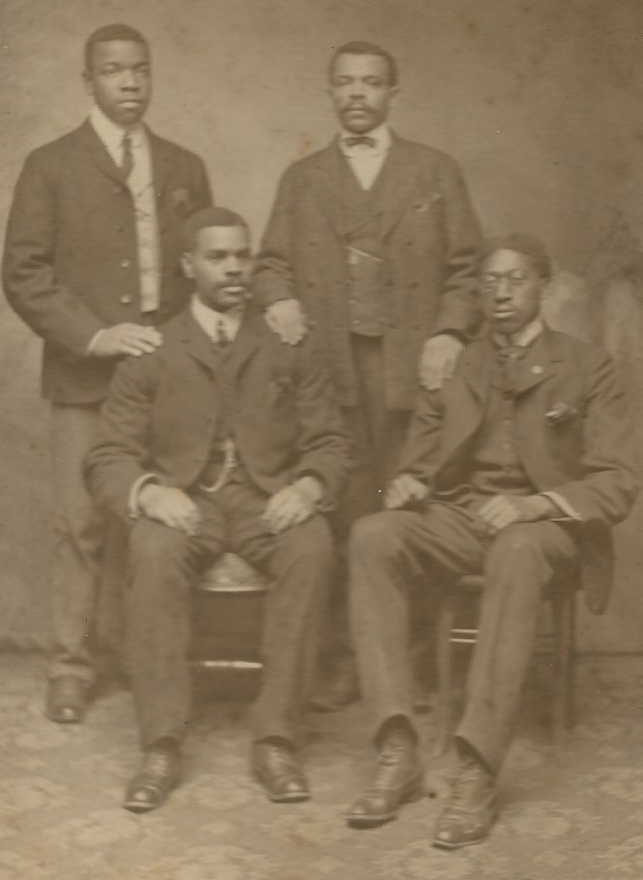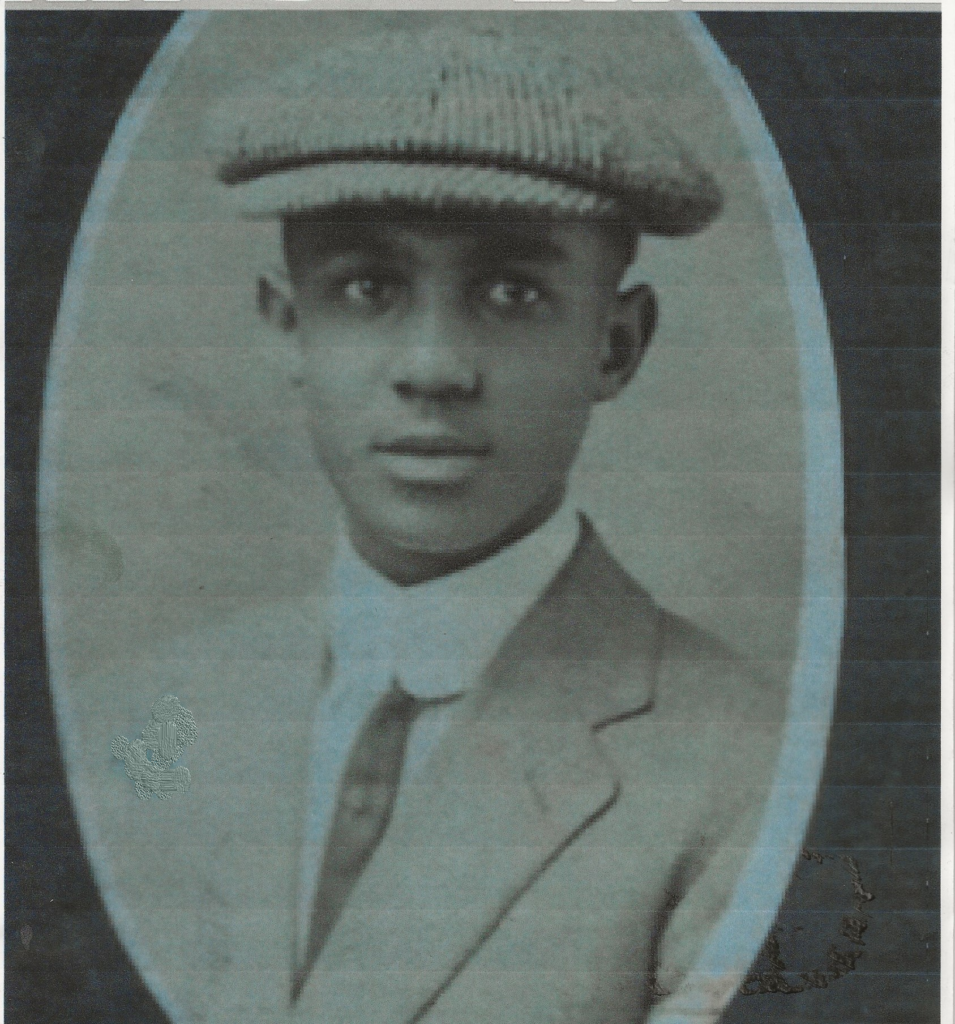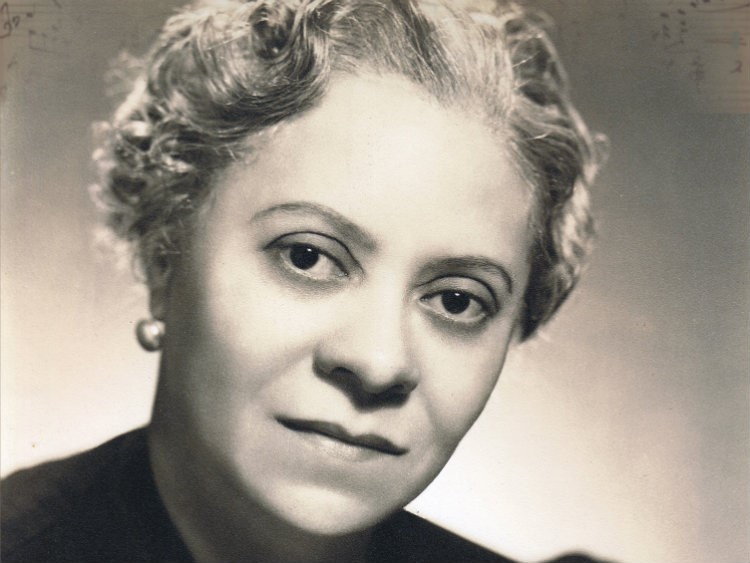Monday Musicale with the Maestro – March 8, 2021 – “Silk Hat and Walking Cane” by Florence Price

America had a “nervous breakdown” in 1968, triggered by the assassinations of Martin Luther King and Robert Kennedy, the race riots, and an illegal war in Vietnam. Many Americans became so discouraged by the state of this country that they were forced to ask, How did we get here, and how do we get out?
This was the period when old conventions were questioned and “out-of-the-box-thinking” was encouraged, leading to slogans like “Down with the Establishment,” “Drop out of Society,” and “Don’t trust anyone over 30!” These were the days of “hippies,” “flower children,” and demands for female and gay equality. I was in my mid-teens during this era, and I thought it exhilarating that everything was fair game and that no questions were taboo. Nothing, it seemed, was so sacred that it couldn’t be questioned and investigated. I feel we are now at the beginning of another “reset era,” where many people will feel the need to reject conformity, habit, intellectual laziness, and cruelty.
In the arts, this reset has naturally led to the discovery of women artists and artists of color whose work had been neglected or suppressed during their lives, due to race and gender. The African American composer Florence Price, for example, has enjoyed an amazing renaissance these past several years. And I would recommend to you my two previous Musicales discussing her life and work:

Our August 24th Musicale featured the DSO’s performance of “Nimble Feet,” a movement from Florence Price’s work Dances in the Canebrakes (explored more fully in our August 28th tribute to her life and career). Originally composed for piano, the work was orchestrated in 1953 (the year of Price’s death) by African American icon William Grant Still. The DSO’s featured performance today is the final movement, “Silk Hat and Walking Cane.” This charming piece, with its jaunty gait, is perhaps a loving evocation of Florence Price’s own father, and I can’t help thinking about my own ancestors when I hear it.
I am always moved when I look at my old family album to see pictures of the Curry and Hamilton families. Some of these photos are over 120 years old and show human beings who—only a few decades before—were not considered fully human in the eyes of many white Americans. I do not think I can find the words to describe my long-delayed realization a year ago that my father was born just a scant 50 years after the end of slavery. What strength and stoicism we see in these pictures of my forebears, decked out in their finest clothes to have the rare formal picture taken! Their dignity and self-respect shines through, though they lived in a country where these qualities were too often denied. These pictures remind me about the resilience of my people and suggest to me that despite setbacks, this country is on an inexorable journey to “liberty and justice for all.”

My maternal grandfather, Ford Hamilton (seated on the left), and some of his friends, circa 1910.

This is the only known photo of my paternal grandfather, Marshall Curry, circa 1905.
Born only 22 years after slavery ended and forced to flee from Little Rock to Chicago in 1927 after lynchings terrorized her community, Florence Price understood this power of resilience all too well. She was 33 when all American women were at last granted the right to vote, and she died the year before Brown v. Board of Education—14 years before African Americans in all states gained the right to marry outside their race.

Yet she persisted. And in “Silk Hat and Walking Cane,” she celebrates the debonair and dignified gentleman (her father), who had once been beaten nearly to death by a white gang in New York for wearing his tall silk hat on the street.
I am happy to report that there is nothing but joy to be found in this delightful piece! But we should honor history and never forget that the cheerfulness of this work by Florence Price is both sincere and hard-won.
“Silk Hat and Walking Cane” from Dances in the Canebrakes
Florence Price, arr. William Grant Still
Durham Symphony Orchestra
William Henry Curry, Conductor
Songs of the South, 3/3/2019
William Henry Curry
Music Director
Durham Symphony Orchestra
Comprehensive Editor (Text): Suzanne Bolt
Copy Editor: Marianne Ward & Tina Biello
Digital Layout and Publication: Tina Biello & Marianne Ward
Recording Engineer: Mark Manring https://www.manring.net/
Celebrating Maestro Curry’s 50 years conducting & 11 years with the Durham Symphony!

“Monday Musicale with the Maestro”
would not be possible without your support!
Thank you for being a important part of the
Durham Symphony Orchestra family!
Funding is provided (in part) by the Durham Arts Council’s Annual Arts Fund, the N.C. Arts Council (a division of the Department of Natural and Cultural Resources), and a grant from the Triangle Community Foundation.
.


